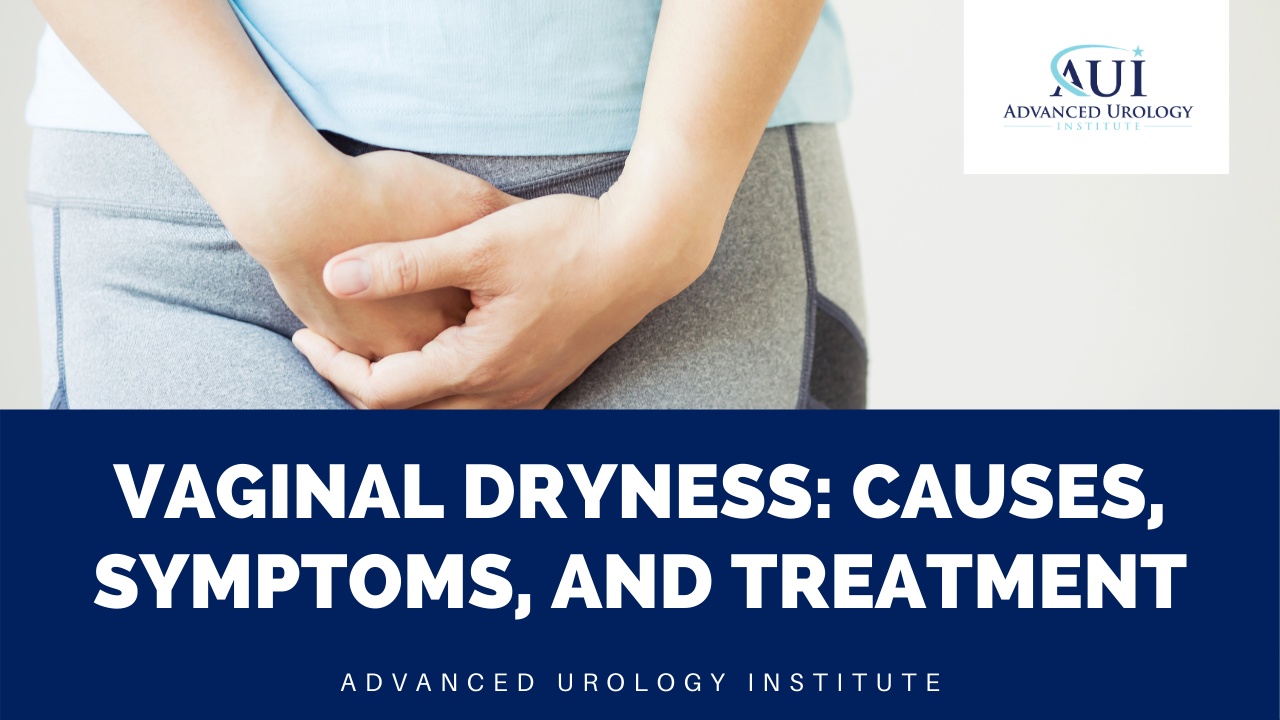Essential Guide to Effective Sinus Drainage Techniques for 2025
Sinus issues can be bothersome, affecting your daily life and well-being. Chronic sinusitis, allergies, and nasal congestion are common problems that require effective sinuses drainage techniques. This guide provides essential information on various methods to drain your sinuses and achieve relief. By understanding how to manage your sinus health through home remedies, dietary changes, and holistic approaches, you can improve your quality of life. Additionally, we’ll cover expert tips and effective sinus relief strategies to help you navigate through sinus discomfort.

From steam inhalation to acupressure and nasal irrigation, this article will explore multiple techniques that cater to your individual needs. You'll learn about the benefits of hydration, essential oils, and physical practices that can promote sinus health. As we progress through the sections, you’ll find practical tips, expert recommendations, and common pitfalls to avoid while managing sinus problems. Let's dive into effective sinus drainage methods!
Understanding Sinus Anatomy and Functions
To effectively manage sinus issues, it helps to have a fundamental understanding of the sinus anatomy and its functions. The sinuses are air-filled spaces located in the bones surrounding your facial area, designed to reduce the weight of the skull, improve voice resonance, and provide moisture for nasal passages. When the sinus tissues become inflamed or blocked, this can lead to discomfort and a variety of other health problems.
Common Sinus Problems and Symptoms
Many individuals experience symptoms associated with sinus infections and inflammation. Recognizing the common signs of sinusitis or nasal congestion is crucial for timely intervention. Symptoms often include nasal pressure, headaches, difficulty breathing through the nose, and a feeling of fullness or discomfort in the face. These symptoms can be exacerbated by allergens, which can lead to chronic sinusitis in some individuals.
The Importance of Sinus Drainage
Efficient sinus drainage is vital to maintaining sinus health. Proper drainage helps eliminate mucus and prevents the build-up of bacteria, which can lead to sinus infections. Focusing on effective sinus drainage methods can not only relieve current pressure but also prevent future sinus issues. Staying hydrated and practicing good nasal hygiene plays a significant role in enhancing sinus function.
How Sinuses Affect Overall Health
Your sinus health can impact various aspects of your overall well-being. Chronic sinus issues may lead to fatigue and headache disorders, affecting your daily activities and productivity. Maintaining sinus health can contribute positively to your immune responses and overall physical health. Hence, understanding and applying sinus drainage techniques can provide profound lifestyle benefits.
Effective Home Remedies for Sinus Congestion Treatment
When it comes to relieving sinus congestion, home remedies often serve as the first line of defense. Many individuals may prefer natural treatments over medications for tackling sinus problems. Below are some effective home remedies you can try.
Steam Inhalation Techniques for Sinuses
Steam inhalation remains one of the most popular methods to alleviate sinus congestion. The moist air helps to soothe inflamed nasal passages and promotes mucus drainage. You can perform steam inhalation by filling a bowl with hot water and leaning over it with a towel over your head to trap the steam. Adding essential oils such as eucalyptus or peppermint can enhance the effects of steam inhalation, providing an earthy fragrance that further aids in sinus relief.
Saline Nasal Rinse: A Simple, Effective Solution
Nasal irrigation with a saline solution has proven beneficial for clearing nasal passages and enhancing sinus drainage. Using a neti pot or saline nasal spray, you can effectively wash away allergens and mucus. This technique significantly reduces discomfort during allergy seasons and helps keep your nasal passages hydrated. Make sure to use sterile or distilled water for the solution to prevent infections.
Essential Oils for Sinus Health
Essential oils have therapeutic properties that may assist with sinus pain relief. Oils such as eucalyptus, tea tree, and peppermint can increase airflow to your sinuses and help clear congestion. You can use these oils in a diffuser, add them to a warm compress, or mix them with a carrier oil for direct application. However, some individuals may have sensitivities; thus, it’s important to consult with a healthcare provider before introducing essential oils into your regimen.

Holistic Approaches to Managing Sinus Health
Beyond home remedies, a holistic approach focusing on lifestyle changes can greatly benefit sinus health. Incorporating dietary modifications, hydration, and exercising can provide additional support to alleviate sinus-related issues.
Dietary Changes for Sinus Health
Your diet plays an important role in managing sinus problems. Certain foods can either exacerbate or alleviate sinus discomfort. For instance, including anti-inflammatory foods such as ginger and turmeric may help reduce sinus swelling. On the other hand, avoiding dairy, which can thicken mucus, can be beneficial for some individuals. Staying hydrated by consuming warm teas and soups is also essential for optimal sinus function.
Breathing Techniques for Sinus Relief
Practicing deep breathing exercises can not only help relieve sinus pressure but also improve overall respiratory health. Techniques such as the Buteyko method emphasize controlled breathing patterns that may alleviate nasal congestion. Effective breathing practices promote better oxygen flow, improve sinus drainage, and can even ease headaches caused by sinus issues.
Humidity and Your Sinus Health
Maintaining a humid environment is crucial for sinus health, especially in dry climates or during winter months. Utilizing a humidifier can lessen nasal congestion and irritants from the air, enabling easier breathing. Additionally, high humidity supports mucus thinning, allowing for efficient sinus drainage. Remember to regularly clean your humidifier to avoid breeding allergens like mold.
Acupressure and Massage Techniques for Sinus Pressure Relief
Acupressure and massage can significantly help relieve sinus pressure and promote drainage. By targeting specific facial areas, you can alleviate pain and enhance your overall sinus health. Let’s explore some effective techniques.
Facial Pressure Points for Sinus Massage
Identifying and applying pressure to key facial points can improve sinus drainage and relieve discomfort. The points located between the eyebrows, on the sides of the nostrils, and above the cheekbones are particularly effective. Use gentle circular motions while applying pressure to these areas to stimulate circulation and encourage mucus flow.
Warm Compresses for Sinus Pressure Relief
A warm compress applied to the face can help relieve sinus pain and pressure. The heat increases blood flow to the areas, promoting mucus flow and easing discomfort. You can create a simple warm compress by soaking a clean cloth in hot water, wringing out the excess, and placing it on your forehead and nose for 5-10 minutes. For best results, combine this technique with other drainage methods.
When to Seek Medical Attention for Sinus Issues
While many sinus issues can be managed at home, knowing when to seek professional help is essential. If symptoms persist beyond ten days, worsen, or are accompanied by high fever or severe facial pain, it may indicate a more serious condition requiring medical intervention. Don’t hesitate to consult a healthcare provider for chronic sinusitis solutions, allergy testing, or if you have continuous discomfort that interferes with your daily life.
Additional Tips for Maximizing Sinus Care
To maintain optimal sinus health, adopting a comprehensive care approach that combines various techniques is recommended. Here are tips for managing your sinus health effectively.
Staying Hydrated for Sinus Wellness
Hydration is key to maintaining healthy sinus function. When your body is adequately hydrated, mucus consistency becomes thinner, promoting easier drainage. Aim for at least eight cups of water daily, and consider incorporating warm herbal teas that can provide comfort and additional health benefits.
Essential Practices for Avoiding Sinus Infections
Preventing sinus infections often involves minimizing exposure to irritants and allergens. Maintaining a clean indoor environment, staying away from cigarette smoke, and using nasal strips can help reduce nasal pressure and congestion. Additionally, regularly washing your hands and practicing good hygiene will lower the risk of infections.
Understanding Allergens and Sinus Health
Recognizing and managing allergens is crucial to maintaining sinus health, especially for individuals with allergic sinus issues. Identify common triggers, which may include dust mites, pet dander, or pollen, and implement preventive measures. This may involve using air purifiers, keeping windows closed during high pollen seasons, and regularly cleaning your living space.
Q&A: Common Sinus Questions Answered
What are the best home remedies for sinus relief?
Some effective home remedies include steam inhalation, saline nasal rinses, and the use of essential oils. These methods can help reduce sinus pressure and promote drainage naturally.
How do I know when to see a doctor for my sinus symptoms?
Persistent symptoms longer than ten days, severe pain, or high fever may indicate the need for medical intervention. Consulting a healthcare professional can offer additional treatment options when home remedies fail.
Can diet impact sinus health?
Yes, certain dietary choices can either help alleviate or exacerbate sinus issues. Incorporating anti-inflammatory foods while avoiding dairy may provide significant benefits to sinus health.
Are there effective exercises for sinus drainage?
Practicing specific breathing exercises and facial massages can promote sinus drainage and relieve pressure. Techniques like the Buteyko method can improve oxygen flow and nasal function.
What role does hydration play in sinus health?
Staying hydrated is crucial for thinning mucus and promoting better sinus drainage. Adequate water intake can enhance overall sinus function and prevent build-up of mucus.
